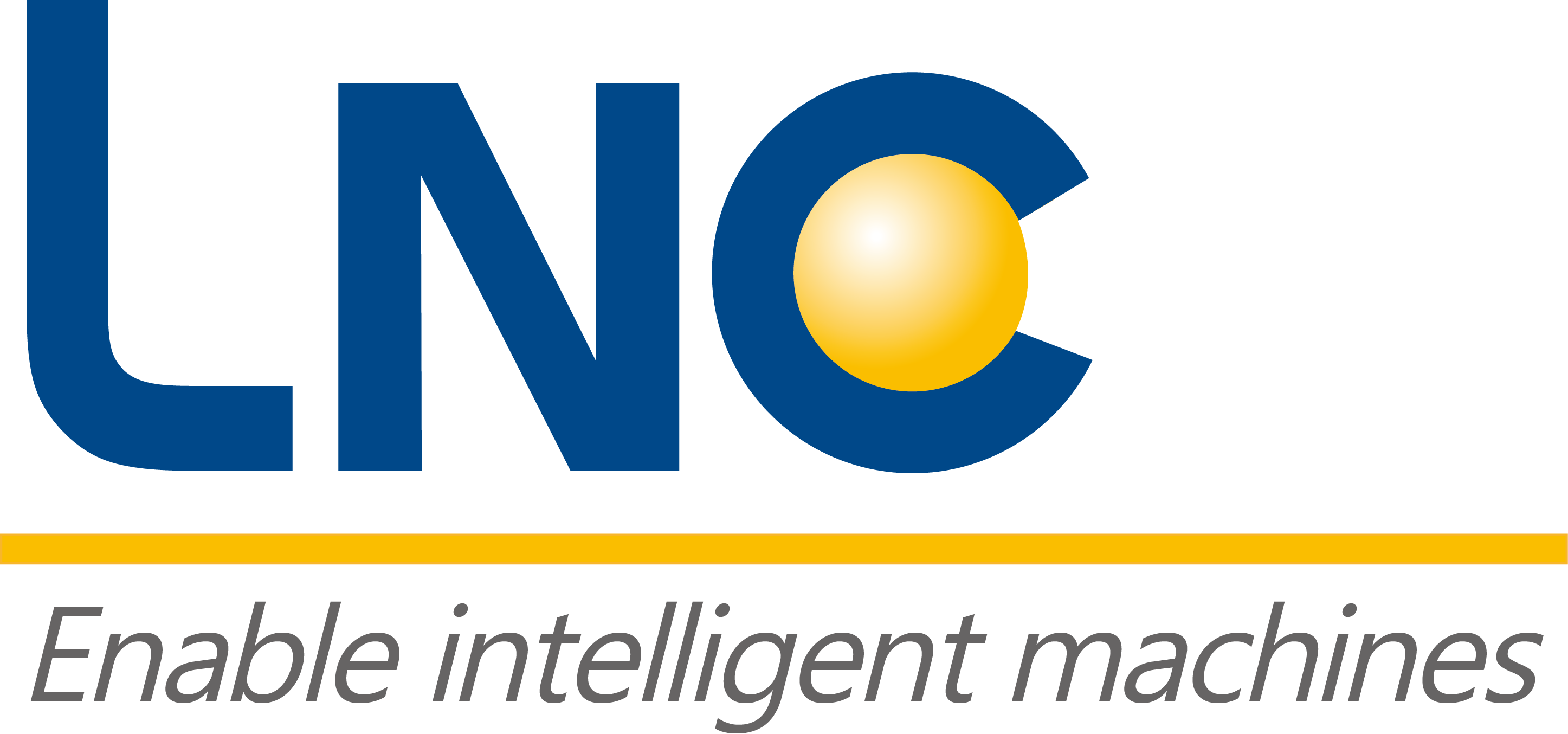
As I walked through the bustling aisles of the automation and robotics expo, I was struck by a vivid demonstration of how technology can transform industries. A small startup showcased a robotic arm that could assemble intricate components with precision, while nearby, another company presented an autonomous drone capable of delivering medical supplies to remote areas. These innovations not only highlight technological advancements but also raise important questions about legal frameworks and corporate responsibilities in this rapidly evolving field.
The Legal Framework Surrounding the Automation and Robotics Expo
The Automation and Robotics Expo serves as a pivotal platform for discussing the intersection between innovation and regulation. As automation technologies proliferate, they bring forth unique legal challenges concerning liability, intellectual property rights, data privacy, and safety standards. Moreover, these regulations are increasingly intertwined with Corporate Social Responsibility (CSR) initiatives; companies are now expected to adhere not only to compliance requirements but also to ethical practices that promote societal welfare alongside their business objectives.
Metal Forming Expo: A Case Study in CSR within the Context of Automation
The metal forming expo exemplifies how industry events can foster discussions around CSR principles in relation to automation technologies. Companies participating in this expo often showcase sustainable manufacturing processes that minimize waste while maximizing efficiency—an essential aspect of modern metal forming techniques. By adopting environmentally friendly practices such as recycling scrap materials or utilizing energy-efficient machinery, these organizations demonstrate their commitment to social responsibility while navigating regulatory landscapes designed to protect both workers’ rights and environmental integrity.
ITES: Advancing CSR Through Technological Integration

The Information Technology Enabled Services (ITES) sector plays a crucial role in advancing Corporate Social Responsibility initiatives within automation contexts. ITES firms leverage cutting-edge technologies like artificial intelligence (AI) and machine learning (ML) not just for profit maximization but also for enhancing service delivery models that prioritize customer satisfaction and community engagement. For instance, many ITES companies implement training programs aimed at upskilling employees from underserved communities—thereby contributing positively towards economic development while adhering to regulatory expectations regarding workforce diversity.
Conclusion
In summary, the Automation and Robotics Expo is more than just a showcase for technological prowess; it embodies critical conversations surrounding legal regulations and Corporate Social Responsibility commitments inherent within this dynamic industry landscape. As we continue exploring innovative solutions through expos like these, it becomes imperative for stakeholders—including businesses policymakers—to collaborate on establishing robust frameworks that ensure ethical practices align seamlessly with technological advancement.


